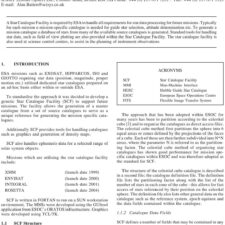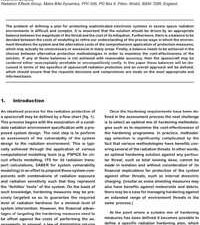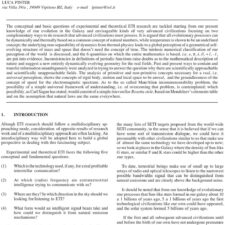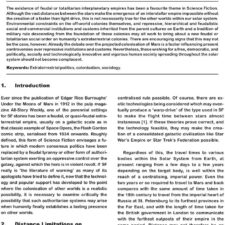Prebiotic Syntheses Of Biologically Interesting Monomers In Aqueous Solutions: Facts And Constraints
£5.00
F. Raulin. (1990), JBIS, 43, pp.39-45
Refcode: 1990.43.39
Abstract:
Wide ranges of experiments relating to prebiotic chemistry in aqueous solution have been performed since the l 960’s. The so called “prebiotic” synthesis of most of the biologically important monomers bas been reported. Seventeen out of the 20
protein amino acids, the sugars ribose and deoxyribose and the two purines and three pyrimidines of biological nuleotides, have been synthesized under conditions supposed to be relevant to the environment of the primitive Earth [1,2). It is now generally accepted that, starting from a very limited number of different small organic molecules, mainly such atmospheric precursors as HCHO of HCN or their derivatives, the ”prebiotic organic chemist” can build up almost all the monomers necessary for the formation of biological macromolecules. His essential constraint is that he must use a unique solvent unusual for an organic chemist, i.e. water!





